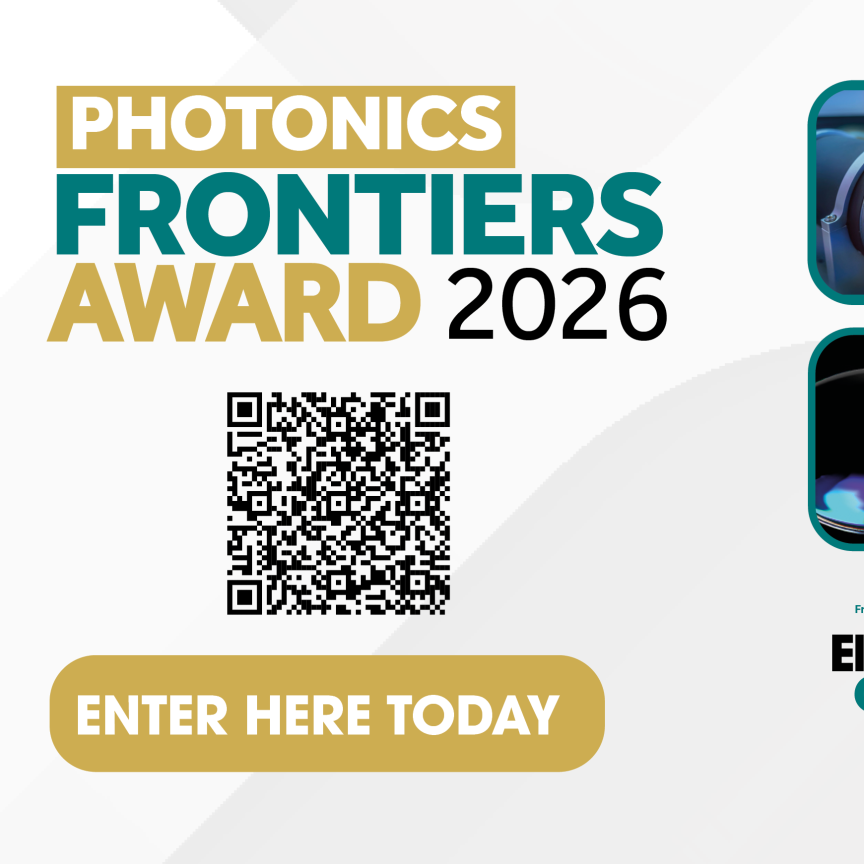Passengers could carry liquid items larger than 100ml onto aircraft in future if a new spectroscopy based technology is deployed at airports.
The restriction on liquids was introduced following a failed al-Qaeda bomb plot in August 2006 to bring down several airliners departing London for North America. The terrorists aimed to use liquid explosives carried onto aircraft in bottles.
The spectroscopy based technology is Spatially Offset Raman Spectroscopy (SORS). It was pioneered at the UK government’s Science and Technology Facilities Council’s (STFC) Central Laser Facility at its Rutherford Appleton Laboratory in Oxfordshire. This work led to the creation of Cobalt Light Systems, an STFC spin out firm. The SORS system is currently in trials at several major European airports.
STFC’s Rutherford Appleton Laboratory Professor Pavel Matousek, inventor of the SORS technique, said: ‘Since STFC made the breakthrough in discovering SORS a few years ago, we have worked closely with the team at Cobalt Light Systems to develop and refine this technology.’
For Cobalt SORS is used for its Insight100 scanner. The development of the Insight100 was funded under the UK government’s 2010 Innovative Research Call in Explosives and Weapons Detection. This initiative is a cross-government programme sponsored by a number of government departments and agencies under the Home Office’s counter terrorism strategy called CONTEST.
Dr Paul Loeffen is chief executive officer of Cobalt Light Systems. He said: ‘We have worked incredibly hard over the last couple of years to refine the SORS technology and bring the Insight100 to market. It is a great achievement to have exceeded the European standards at this stage so that we are in a prime position to supply this unique bottle screener to European airports’.

